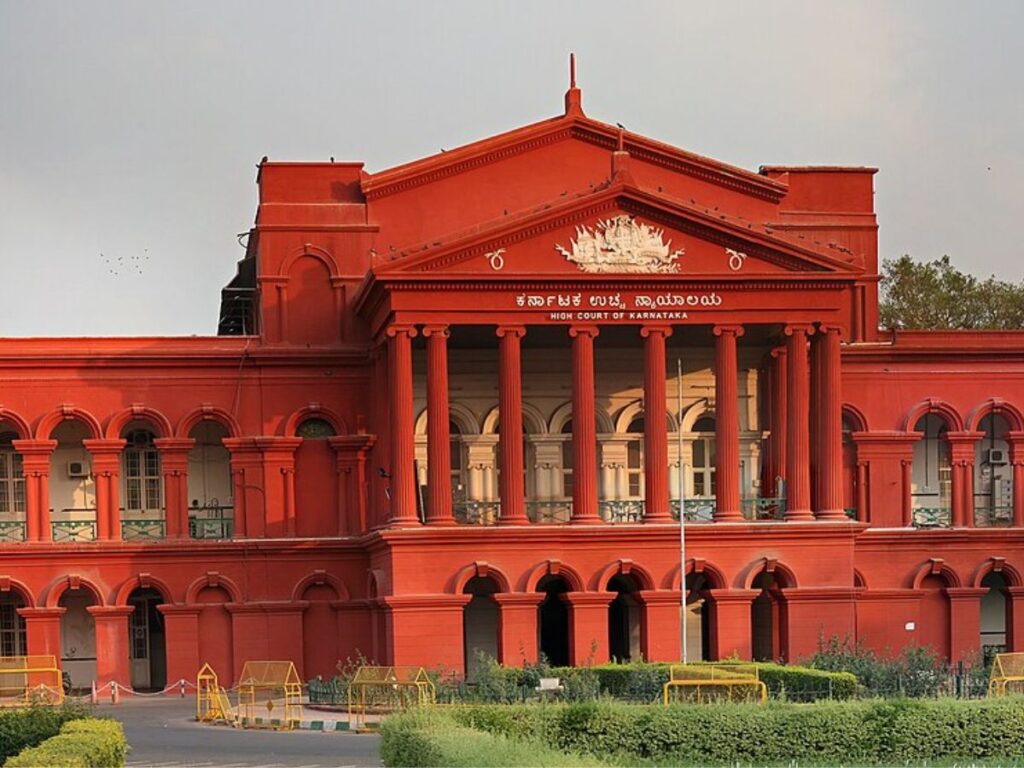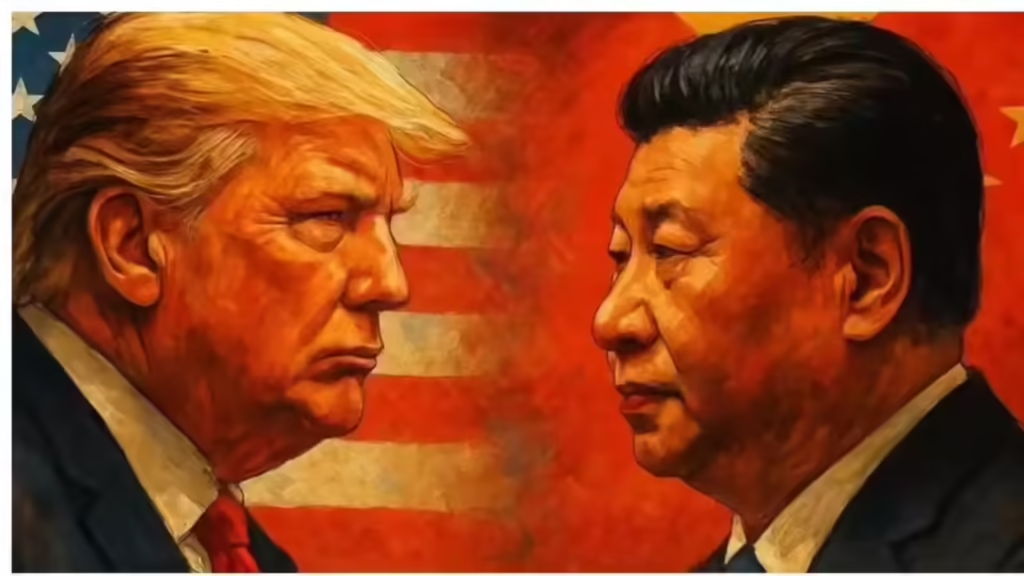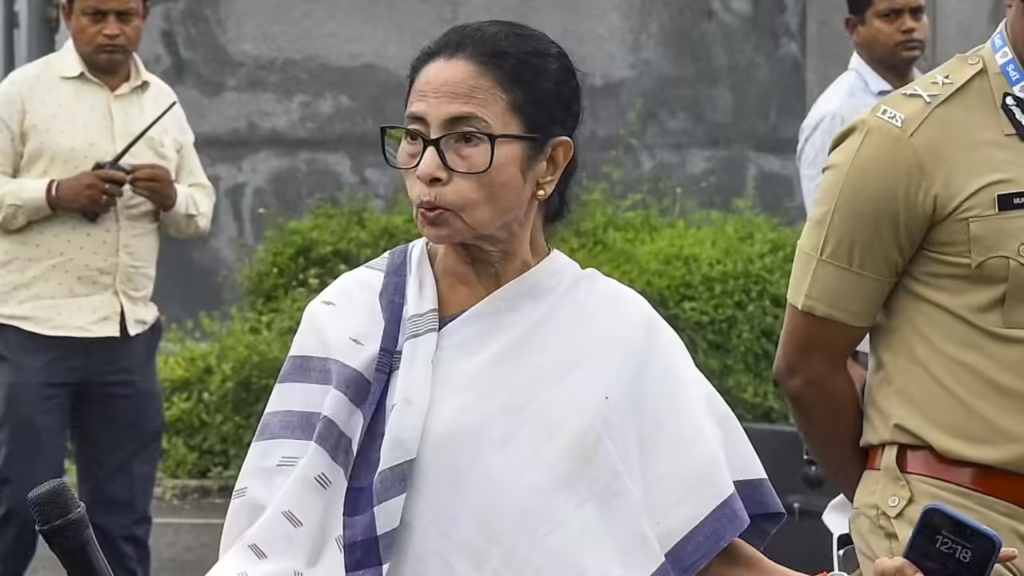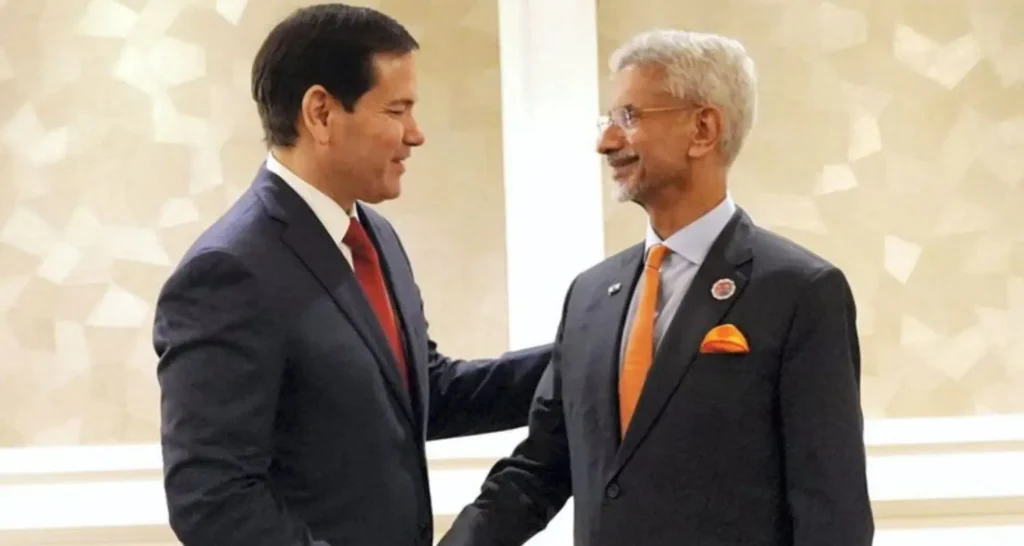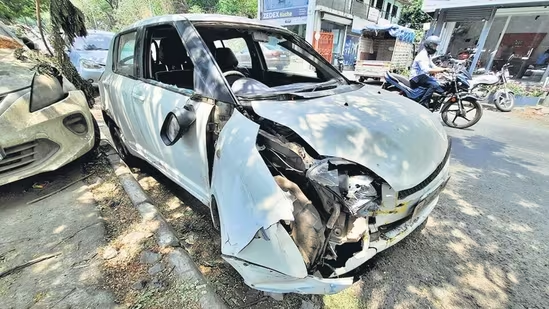Now Reading: India-EU Trade Deal Talks Gain Momentum, Over 60 Chapters Finalised
-
01
India-EU Trade Deal Talks Gain Momentum, Over 60 Chapters Finalised
India-EU Trade Deal Talks Gain Momentum, Over 60 Chapters Finalised
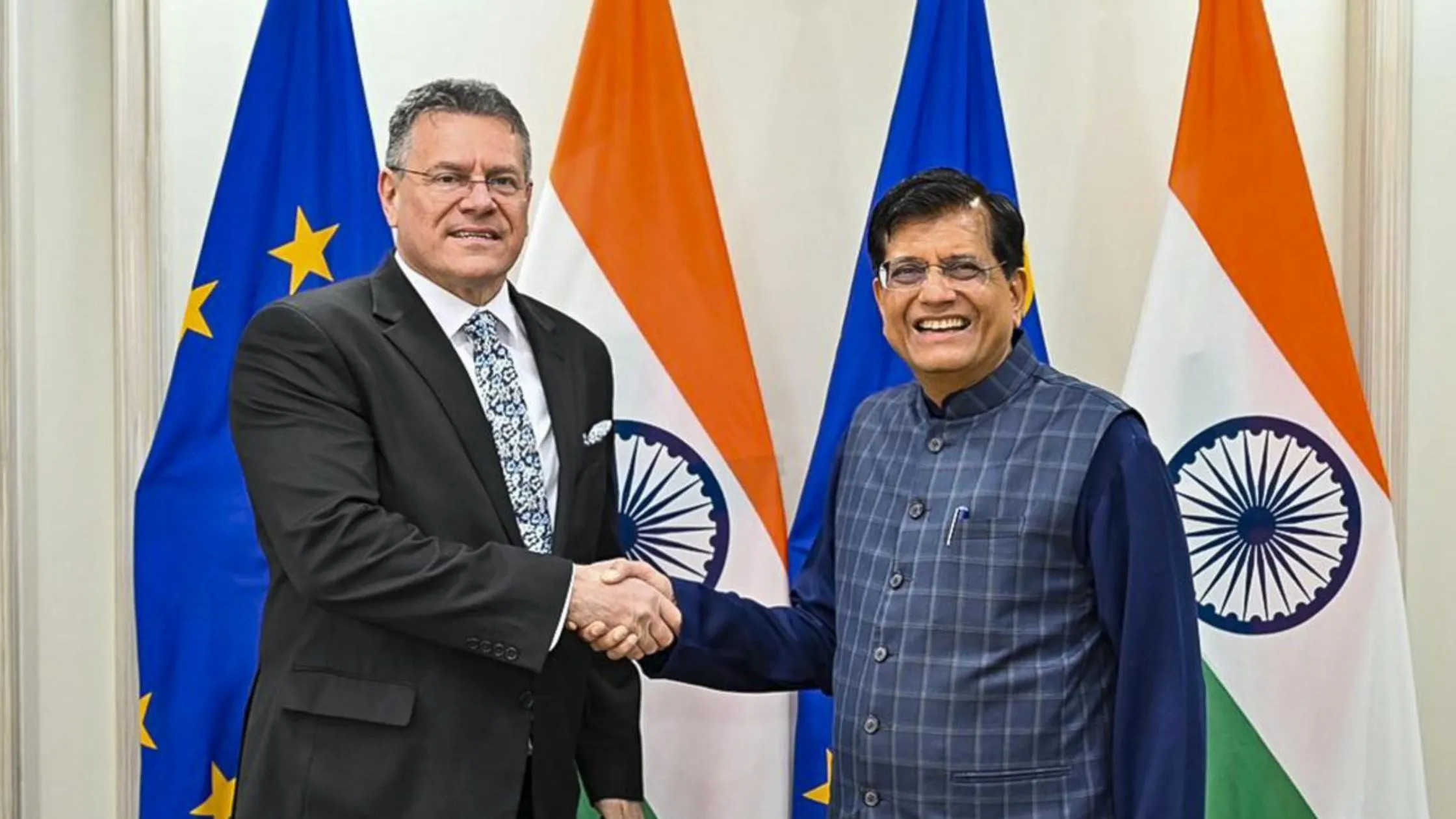
India’s ongoing negotiations with the European Union (EU) on a Free Trade Agreement (FTA) have made significant progress, with more than 60 chapters already finalised. Union Commerce Minister Piyush Goyal confirmed that discussions are moving positively, covering key areas like goods, services, investments, and intellectual property. The deal, once concluded, is expected to give a major boost to India’s exports and strengthen ties with one of its largest trading partners.
The FTA has been under negotiation for several years, but recent rounds have accelerated due to a stronger push from both sides. Officials note that the EU remains one of India’s most important destinations for goods such as textiles, pharmaceuticals, and IT services, while India imports machinery, chemicals, and high-end technology from European countries. The agreement could reduce tariffs, making trade smoother and more competitive.
For Tier-2 cities in India, this development carries special relevance. Manufacturing hubs like Surat, Tirupur, and Ludhiana could benefit from increased textile and apparel exports, while pharmaceutical clusters in places like Baddi may gain wider access to European markets. Similarly, IT and service professionals in Pune and Hyderabad could see new opportunities in Europe through improved mobility provisions.
However, certain sticking points remain, including market access in sensitive sectors, agricultural goods, and regulatory standards. Both sides are also carefully addressing sustainability commitments and digital trade rules to ensure a balanced outcome. Experts believe the deal must protect local industries while also ensuring long-term competitiveness for Indian businesses.
If successfully concluded, the India-EU FTA would not only expand trade but also create jobs, attract investment, and give Indian businesses a stronger global presence. For a growing economy like India’s, especially for industries beyond metro cities, the deal could open doors to wider opportunities in the international market.




